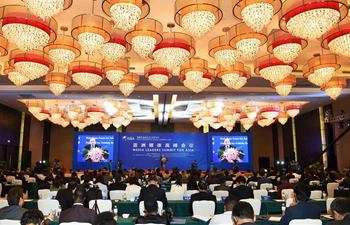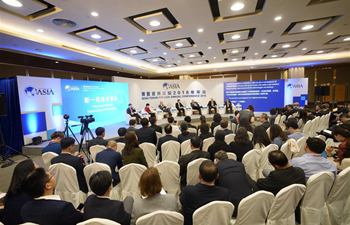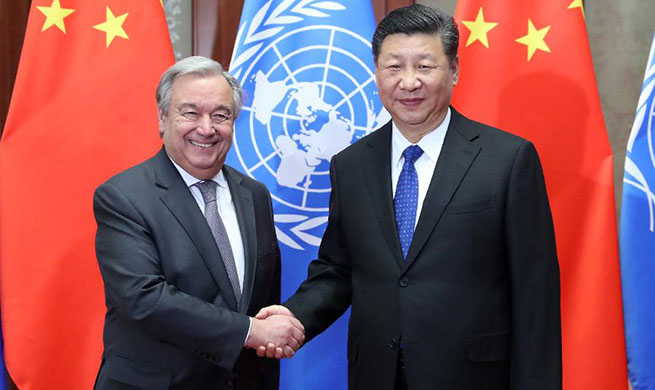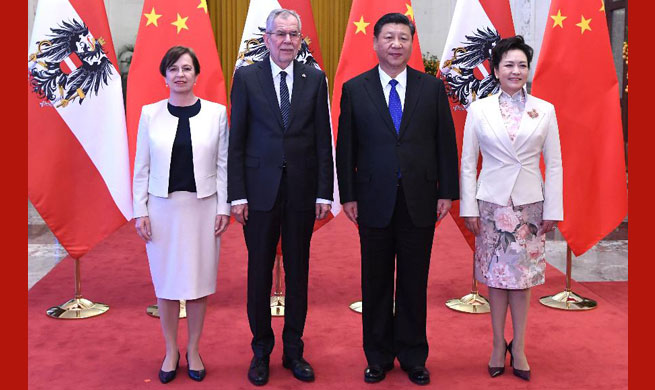WASHINGTON, April 9 (Xinhua) -- International Monetary Fund (IMF) said on Monday that the decline in manufacturing jobs in advanced economies and some developing countries should not be a concern for policymakers.
People are concerned that a smaller manufacturing sector implies slower economic growth and a scarcity of well-paying jobs for low- and middle-skilled workers-contributing to worsening inequality.
"While the displacement of workers from manufacturing to services in advanced economies has coincided with a rise in labor income inequality, this increase was mainly driven by larger disparities in earnings across all sectors," said the IMF in the analytical chapters of its flagship World Economic Outlook report which was due to be released next week.
One of the concerns for the disappearance of the manufacturing jobs is that the phenomenon contributed to the hollowing out of the income distribution and a rise in inequality, which fueled the inward-looking policies in some advanced economies, especially the United States.
IMF's latest research found out that the biggest factor driving changes in aggregate inequality in advanced economies since the 1980s has been the increase in earning differences in all sectors, rather than the decline of industry jobs.
It also pointed out that a shift in employment from manufacturing to services need not hinder economy-wide productivity growth and the prospects for developing economies to gain ground toward advanced-economy income levels.
Some market service sectors-such as transport, telecommunications, and financial and business services-have higher levels of productivity growth than manufacturing, which allows countries with low initial productivity levels to catch up toward those with higher levels, said the IMF.
However, it admitted that the impact of waning jobs in manufacturing hubs can be sizable for individual workers and their communities.
It called on policymakers to facilitate the reallocation of labor to productively-dynamic sectors, including by removing barriers to entry and trade in the service sector and support the reskilling of workers affected by structural change.

















